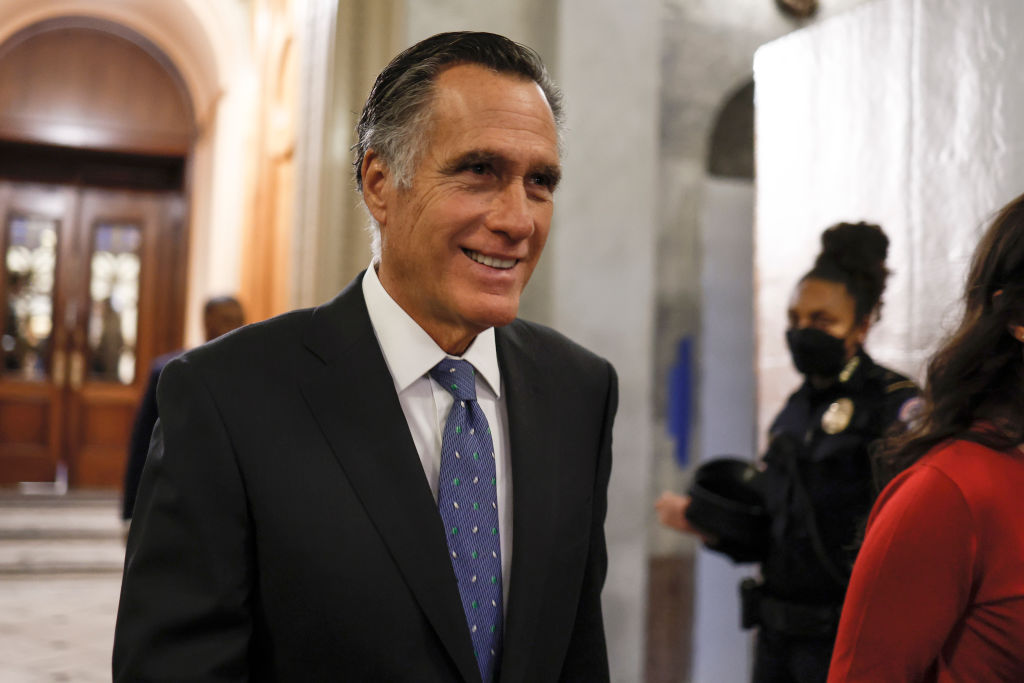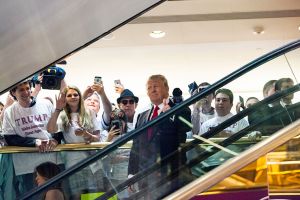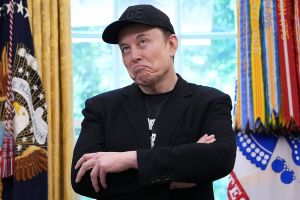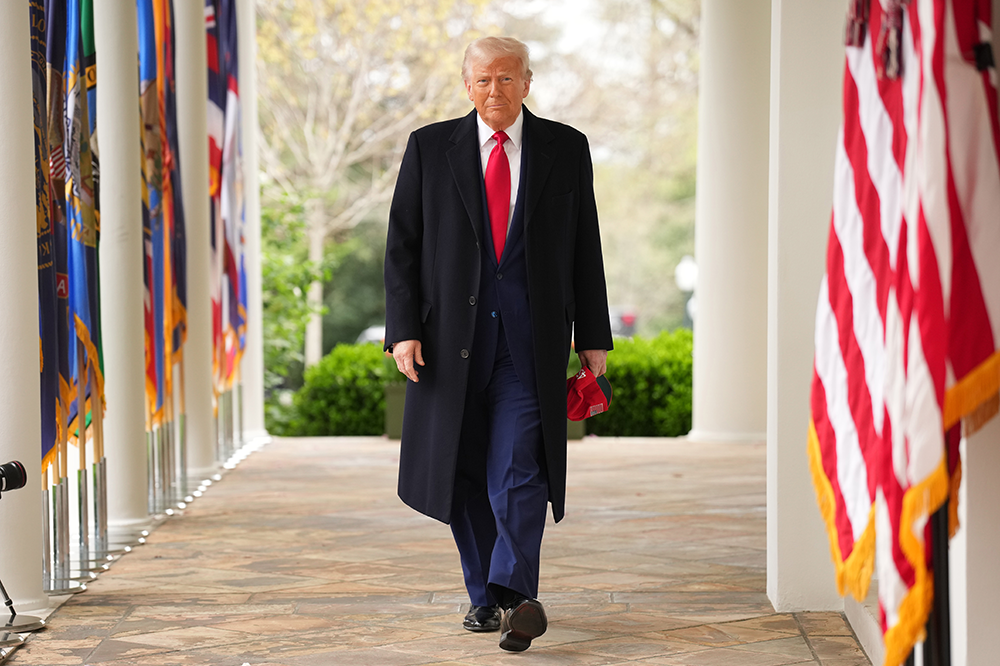When Charles Barkley came to Salt Lake City for the NBA All-Star game, he found himself trapped in what he called a “boring-ass,” booze-free desert. (Impressively, Barkley did manage to at least sound drunk.)
That’s how it is in Utah, which sometimes gets depicted as the wet blanket of America. So it was that Marjorie Taylor Greene had cold water thrown on her by her Utah colleagues after she called for a national divorce on Twitter.
“This rhetoric is destructive and wrong and — honestly — evil.” responded Utah governor Spencer Cox in a tweet. “We don’t need a divorce, we need marriage counseling.”
“We’re not going to divide the country,” said Utah senator Mitt Romney, “It’s united we stand, divided we fall.”
You don’t have to be in Utah for our boring politics to find you.
This isn’t the first time in recent years that prominent Utahns have criticized members of their own party. Republicans must sometimes wonder why they let us into the country in the first place. Isn’t Utah supposed to be one of the most conservative states in the nation? Yet when it comes to hardliners on the right, it seems like we’re always letting them down.
Despite being blasted by Tucker Carlson and booed by Republican delegates, Cox and Romney are, in fact, conservatives. And if you step outside the insanity of modern politics for a moment and look at their policies, you’ll find that Romney voted with Donald Trump 78.6 percent of his time in the Senate. That’s slightly more than his fellow Utah senator, Mike Lee, who is often seen as one of the most conservative leaders in Washington.
Neither seems particularly concerned about reelection. Romney has said, “I’m convinced that if I run, I win.” And Cox ended 2022 with an approval rating of 63 percent.
The problem is that “conservative” has come to mean “one of us.” Thinking they’re taking a page out of Democrats’ playbooks, many prominent right-wingers have made politics about identity and conflict. This doesn’t fly in Utah for a couple of reasons.
For starters, most right-wing media is aimed at baby boomers, and Utah has the youngest population of any state in America. The (very funny) depiction of Utah in Stranger Things 4 has some truth to it: we have lots of kids. Those kids tend to stay in Utah when they grow up, and they vote here.
In eight years working on youth-based campaigns, I’ve watched party leaders shift from shunning young voters to doing whatever they can to include them — a wise move, as my generation has no intention of waiting their turn. Just look at Republican Tyler Clancy, the newest member of the Utah House of Representatives. He’s twenty-five.
But if it was all about age, then Charles Barkley shouldn’t have been so bored. Shouldn’t such a young state be teeming with parties and booze?
This is, of course, the very dry elephant in the room: more than half of Utahns are members of the Church of Jesus Christ of Latter-day Saints — you know, the strange, very nice rule-followers that knock on doors to talk about Jesus and the Book of Mormon. (Or, if you watch Hulu, the homophobic cultists who inspire conmen and serial killers. Take your pick.)
Because of the centralized structure of the Church and its practice of sending young adults on missions overseas, Latter-day Saints often prioritize their multicultural community over politics. In fact, most of the faith’s 16 million members live outside the US. And because of their history as a cultural minority that’s sometimes been subject to violence, they are less likely to be swayed by the grievance politics of some in the Republican mainstream. In fact, the Church’s statements have often walked state lawmakers back from taking a hard line on issues like immigration and gay rights.
But it’s not just the structure of their church; it’s the substance of their religion. Latter-day Saints place a huge emphasis on their belief that all people are God’s children. In order to trash others’ character and intentions, Latter-day Saints must betray the things they believe and the promises they’ve made. Some do that, but not all.
It’s not just the Mormons. In Utah, believers of all stripes tend to attend church, an activity that has sometimes correlated with a dislike for Trump. It puts Democrats in pews next to Republicans and makes them sing together.
Religious involvement (among other things) has helped build Utah into one of the happiest states, with a stable economy and low income inequality. It makes sense that most people here are more concerned with maintaining the status quo than overhauling the system. By definition, that makes them conservatives, but it also inoculates them against extreme rhetoric. If things are so bad we need a revolution, then why are they so good for me?
Now and then, I hear conservatives bemoan the political apathy they see in their Republican neighbors. The complaint usually goes something like this: “Instead of fighting for conservative values, folks here are happy to just go to church, raise their kids, and ignore politics.” It’s only a little ironic that by “just going to church and raising their kids,” everyday Utahns are preserving the American way of life more effectively than any political activist ever could.

























